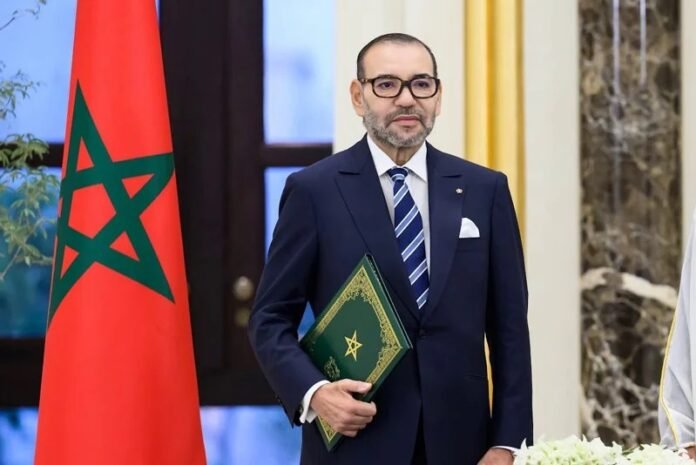The Moroccan Sahara issue has seen a significant development on the international stage recently. The UN Committee on Decolonization, during its latest sessions, clearly distanced itself from the separatist approach promoted by the Polisario Front, supported by Algeria.
This was evident in a draft resolution issued by the Fourth Committee of the UN, which contained no mention of the “self-determination proposal,” signaling a decline in the separatist agenda in favor of the Moroccan solution of autonomy under the Kingdom’s sovereignty.
Is Autonomy the Optimal Solution?
With 27 European countries supporting the realistic solution put forward by the UN, it is clear that there is an international consensus that the political resolution to this regional conflict lies in Morocco’s autonomy proposal, presented in 2007.
But the question arises: Why is this option considered the most appropriate, and does it indeed offer the potential for a final settlement?
The autonomy proposal provides a realistic, implementable solution on the ground. Nouf El Baamri, a specialist in Sahara affairs, asserts that the UN committee has definitively put an end to the separatist project by emphasizing that autonomy under Moroccan sovereignty is the only available option within the UN framework.
What are the Reasons for Discarding “Self-Determination”?
The key question is: Why is “self-determination” no longer part of the UN discourse? Experts suggest that the resignation of Peter Van Walsum, the former UN envoy, was due to his realization of the impracticality of implementing this option.
Despite Algeria’s attempts to push this agenda, the international community is increasingly supportive of realistic political solutions aligned with regional stability.
Algeria: Will It Reverse Its Stance?
Algeria, the main backer of the Polisario Front, is now facing growing pressure to return to the negotiating table. The pressing question is: Will Algeria accept to change its stance in light of international and regional developments, or will it continue its obstinate refusal of any political progress that leads to the acceptance of Morocco’s solution?
Growing International Recognition of Morocco’s Sovereignty
The latest developments strengthen Morocco’s position on the international stage, with dozens of consulates opening in the cities of Laayoune and Dakhla, reflecting strong global support for Moroccan sovereignty over the Sahara.
Hence, it raises the question: How far will countries continue to support this path, and will we witness more nations officially recognizing Moroccan sovereignty?
Europe Reaffirms the Importance of Partnership with Morocco
In a related context, the European Union’s reaffirmation of its strategic partnership with Morocco deals another blow to the Kingdom’s adversaries.
Does this European move reflect a clear rejection of attempts to undermine bilateral relations? And what does this mean for the economic and political partnership between the two sides?
In Conclusion
The only internationally accepted solution to end the artificial conflict over the Moroccan Sahara is autonomy under Morocco’s sovereignty.
With increasing global recognition, it is clear that this option is the most realistic. The remaining question is: Will Algeria and the Polisario Front adapt to this new reality, or will they remain entrenched in their rigid stance?




